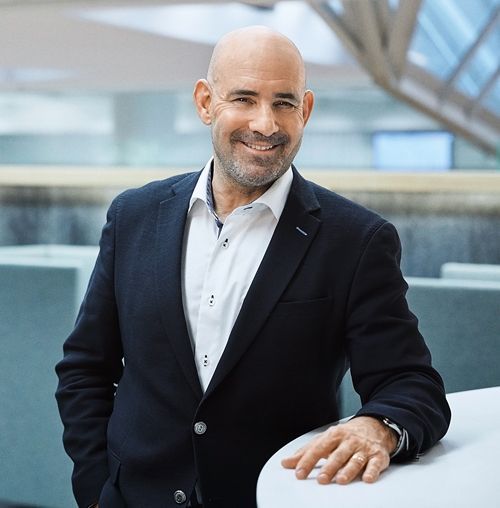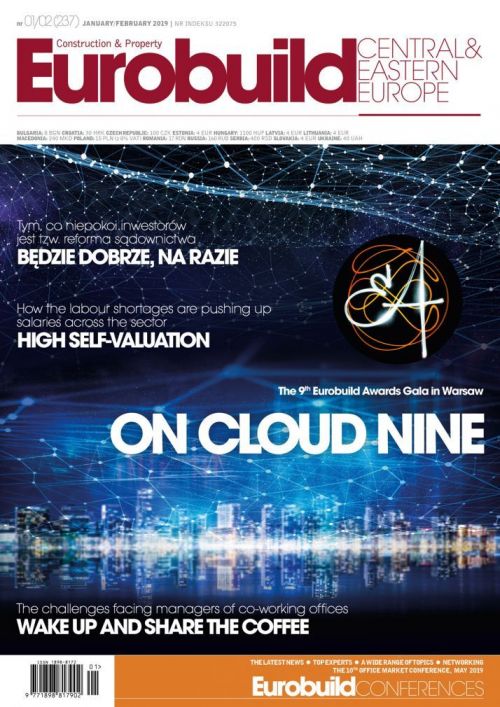Keith Silverang, the CEO of Technopolis and owner of the UMA Workspace coworking network: The Polish market is dynamic – its growth prospects, especially in the knowledge economy, are good and we believe there will be strong demand for our product. Coworking in particular is catching on. The place we have taken is a very good fit for our concept in terms of its location, flexibility and infrastructure.
What amenities will the tenants of the Chmielna 89 building have?
The services range from state-of-the-art digital systems and modern conference rooms, to speciality coffee and networking events. Members will have access to all our space and services in the network by simply signing up for membership.
The coworking sector in Poland is booming. How do you expect to be able to compete with the other operators? What do you expect your biggest challenge in Poland will be?
Our competitiveness is based, as always, on our superior customer experience management, which in turn is rooted in





























































